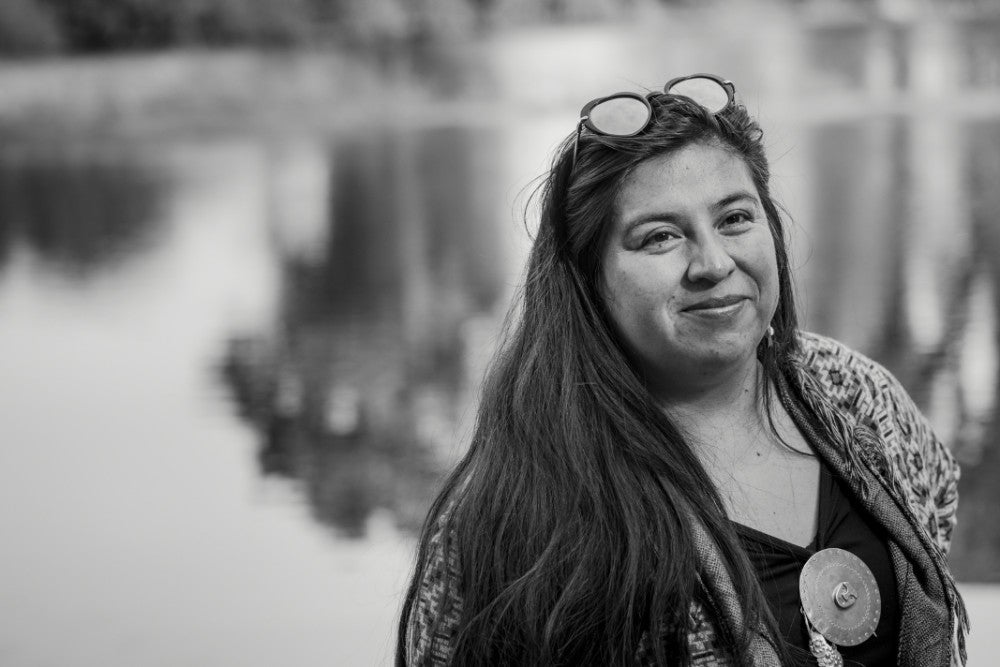
Indigenous Lyricism
For students of Spanish studying Indigenous literature, the opportunity to hear a celebrated poet read her works in Mapudungun and Spanish is a rare treat. Now those students — and the general public — will get their chance.
Roxana Miranda Rupailaf, a Mapuche-Huilliche poet and activist based in the Araucanian region of Southern Chile, will conduct a reading via Zoom Wednesday, April 28, from 3 to 3:50 p.m. The event will be held here.
Her appearance comes at the invitation of Myriam Gonzales-Smith, a lecturer in UC Santa Barbara’s Department of Spanish and Portuguese who is currently teaching “Andean Literature, Music and Culture” and “Composition Through Literature.”
Learning about Mapuche contemporary cultural production — along with other Indigenous groups such as the Aymara, the Quechua and the Guaraní — actively engages students to give them a grounding in the diversity of Andean nations, said Silvia Bermúdez, professor and chair of Spanish and Portuguese.
What’s more, Bermúdez said, Rupailaf brings to her poetry “the unique inscription of a female poetic subjectivity that sets her apart from other Mapuche writers. Nurtured by water and fire, key elements in Mapuche mythology, Miranda Rupaillaf’s lyric imagery does away with the colonizers’ impositions and rules. Infused with mysticism, the poet offers an aesthetic cosmogony that recreates the ever present and flowing nature of the erotic.”
Beyond providing students and the public the chance to see one of the foremost Mapuche artists of our time, Bermúdez said, Rupailaf’s poetry reading is an important contribution from Spanish and Portuguese to the UCSB Diversity, Equity and Inclusion Strategic Plan.
“The Department of Spanish and Portuguese has been committed to UCSB’s principles of diversity and inclusion before the current concerted impetus to produce the strategic plan,” she said. “For one, and very successfully, Professor Sara Poot-Herrera has been teaching ‘Contemporary Indigenous Cultures of Mexico’ for more than a decade now, providing what she called ‘increased visibility to indigenous languages and cultures in contemporary Mexico, including Nahuatl, Zapotec and Mayan.’ ”



